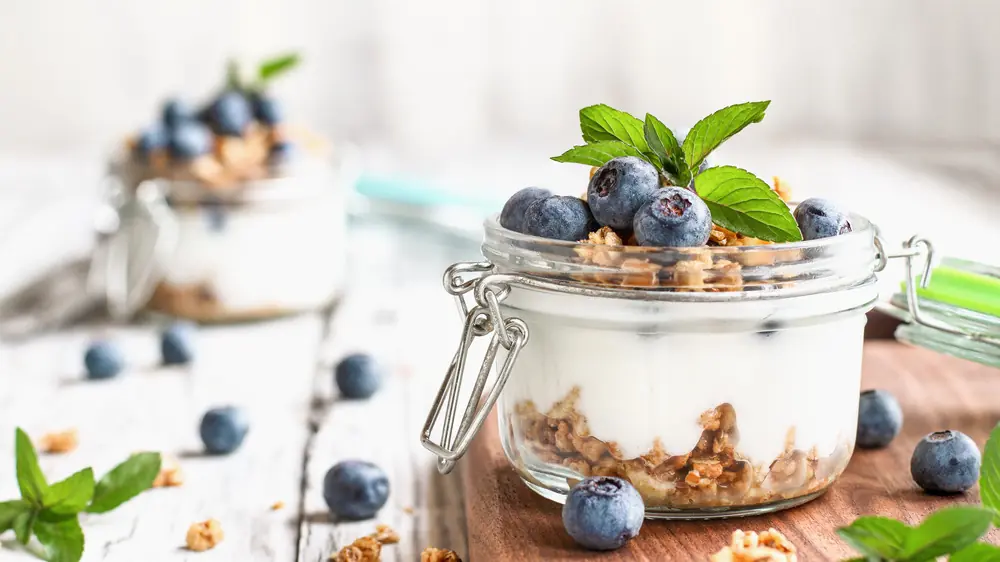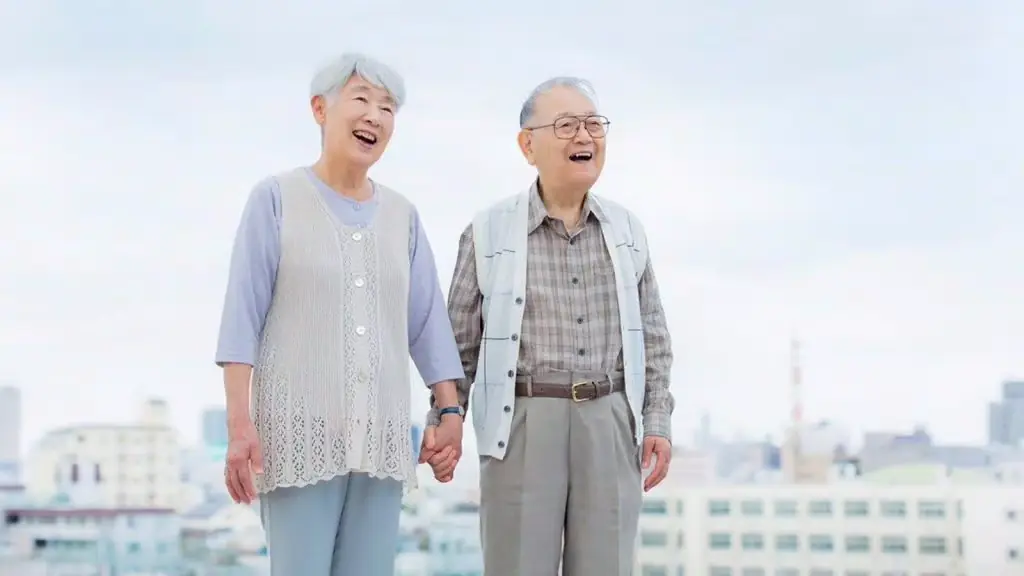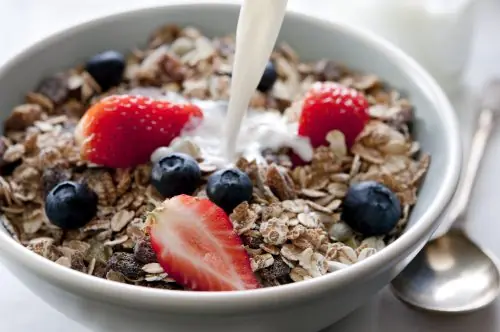
Japan Just Hit 100,000 Citizens Over 100-Years-Old — Their Longevity Secret Isn’t What You’d Think
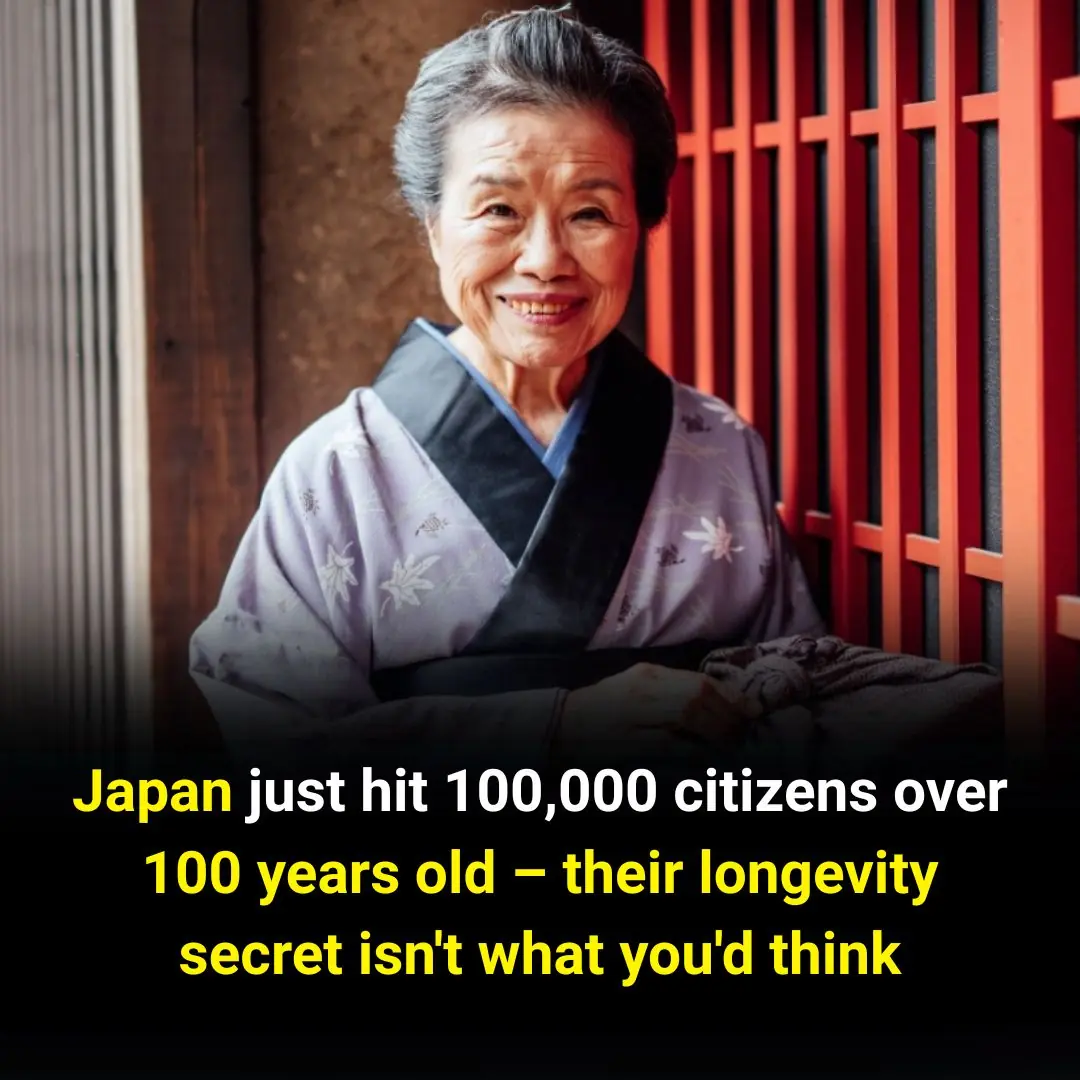
Japan has officially reached a milestone that’s turning heads around the world — nearly 100,000 of its citizens are now 100 years old or older. But here’s the twist: their longevity isn’t linked to secret potions, fancy diets, or expensive wellness fads. Instead, it’s the quiet and steady result of how they live, think, and connect — day after day, decade after decade.
A Nation Growing Older — Gracefully
As of September 1, 2025, Japan recorded 99,763 centenarians, marking the 55th consecutive year that this number has risen. Most of these remarkable individuals are women — a pattern that has remained consistent for decades.
But these figures didn’t appear out of thin air. Back in 1963, Japan had just 153 people aged 100 and above. By the late 1990s, that number had jumped to 10,000. Fast forward to 2012, and it had passed 50,000 — doubling again in just over a decade.
While this achievement reflects a triumph of health and longevity, it also presents a demographic challenge. Japan’s birthrate continues to fall, and its working-age population is shrinking, creating a unique social puzzle: how does a nation care for so many elders while maintaining balance in the workforce?
The “Secret” Isn’t a Secret at All
In a world obsessed with shortcuts and “life hacks,” Japan’s longevity story feels refreshingly ordinary. There’s no single miracle behind it — no special superfood or magical meditation. Instead, it’s a mix of small, consistent habits supported by strong social systems and community bonds.
Imagine it as compound interest for health. Little actions — eating wisely, staying active, checking in with friends, and seeing doctors regularly — multiply over the years, producing extraordinary results.
Japan didn’t stumble upon longevity by accident. It was built through decades of policies that prioritize preventive healthcare, accessible nutrition, and strong community networks. These layers of support mean people can make healthy choices without having to fight against their environment.
Purpose and Connection: The Invisible Ingredients
One of the most fascinating aspects of Japan’s long-lived population is how purpose and belonging play into health.
In Japanese culture, there are two words that capture this beautifully:
- Ikigai — a sense of purpose or reason for being.
- Moai — a close-knit social circle that offers emotional and practical support.
In Okinawa, often called the “Land of Immortals,” the Okinawa Centenarian Study has been tracking long-lived residents since the 1970s. The research consistently points to social ties, shared responsibilities, and low-stress living as vital components of healthy aging.
Modern science supports this idea. Loneliness isn’t just a feeling; it’s a biological stressor that raises inflammation, disrupts hormones, and increases the risk of heart disease. By contrast, people who feel connected experience measurable benefits — from better immune function to improved mental clarity.
In Japan, where elders remain active members of their communities, this emotional safety net doubles as a biological shield.
Everyday Habits That Quietly Add Years
Japan’s centenarians aren’t following extreme health routines. Their habits are modest, steady, and deeply integrated into daily life.
1. Eating Wisely, Not Perfectly
The traditional Japanese diet is naturally balanced — rich in vegetables, fish, soy, fermented foods, and moderate in portions. Okinawans practice hara hachi bu, a mindful eating rule that means stopping when you’re about 80% full. It’s not about restriction; it’s about balance.
2. Moving Naturally
You won’t find many of Japan’s elders logging hours on treadmills. Instead, they stay active through necessity — walking to markets, gardening, cleaning, or caring for grandchildren. These simple, daily movements maintain flexibility and strength better than occasional intense workouts.
3. Staying Socially Connected
Community groups like moai serve as emotional anchors. Friends meet to share meals, check on one another, and offer help when needed. These connections prevent isolation and encourage a sense of belonging that’s vital for emotional health.
4. Prioritizing Preventive Care
Japan’s healthcare system emphasizes early detection and regular checkups. Health problems are identified and managed early, reducing the risk of severe illness later on. Longevity, in this case, is not left to chance — it’s maintained through consistent care.
The Danger of Romanticizing Longevity
It’s easy to idealize Japanese centenarians as serene sages sipping tea among cherry blossoms. But longevity isn’t just about lifestyle choices — it’s also about social investment.
Japan’s success stems from infrastructure and policy: accessible healthcare, safe public spaces, community programs, and cultural respect for elders. Without these, individual habits wouldn’t have the same power.
In many countries, health outcomes still depend heavily on wealth, geography, and social support. Copying only the surface-level behaviors — eating sushi or meditating — misses the larger framework that allows these habits to thrive.
What the Rest of the World Can Learn
While not everyone can replicate Japan’s systems, there are simple, realistic lessons that anyone can borrow:
- Form a small support circle. Create a group that meets regularly — for walks, meals, or check-ins. Consistency builds accountability and emotional strength.
- Move with purpose. Gardening, cleaning, or walking to the store — these movements don’t feel like exercise, yet they protect the body just as effectively.
- Practice mindful eating. Try stopping before you feel completely full. Notice how your body responds — it’s a gentle way to reconnect with hunger cues.
- Keep up with health checks. Early detection saves lives. Routine checkups are simple but powerful tools for long-term wellness.
- Nurture small joys. Purpose doesn’t have to be grand. It might be caring for a plant, mentoring a student, or cooking for friends. These tiny commitments create a rhythm that makes life worth living.
A Reality Check on Inequality
Not everyone starts from the same point. Access to safe housing, stable work, and quality healthcare heavily influences longevity. When these are missing, “just live healthier” becomes a hollow suggestion.
Japan’s example shows that longevity isn’t luck — it’s design. It grows where societies invest in elder care, preventive medicine, and inclusive communities. For other nations, the challenge isn’t simply to imitate, but to build systems that give everyone a fair shot at a long, healthy life.
The Real Secret: Small, Steady Choices
So, what’s the hidden formula behind Japan’s 100,000 centenarians? There isn’t one. Longevity in Japan is the result of simple habits practiced consistently — supported by a culture that values balance, community, and care.
It’s about:
- Eating modestly,
- Moving naturally,
- Staying socially connected, and
- Caring for health before illness begins.
If there’s a takeaway for the rest of us, it’s this: design your life so healthy choices feel easy, not forced. Build friendships that check in, not just catch up. And find small purposes that make each day meaningful.
They may not make headlines, but these quiet, ordinary actions — repeated over time — are what truly keep people showing up for life, year after year.
News in the same category


New research on so.lid tu.mor kil.ling method, successful in mice, awaiting clinical trials
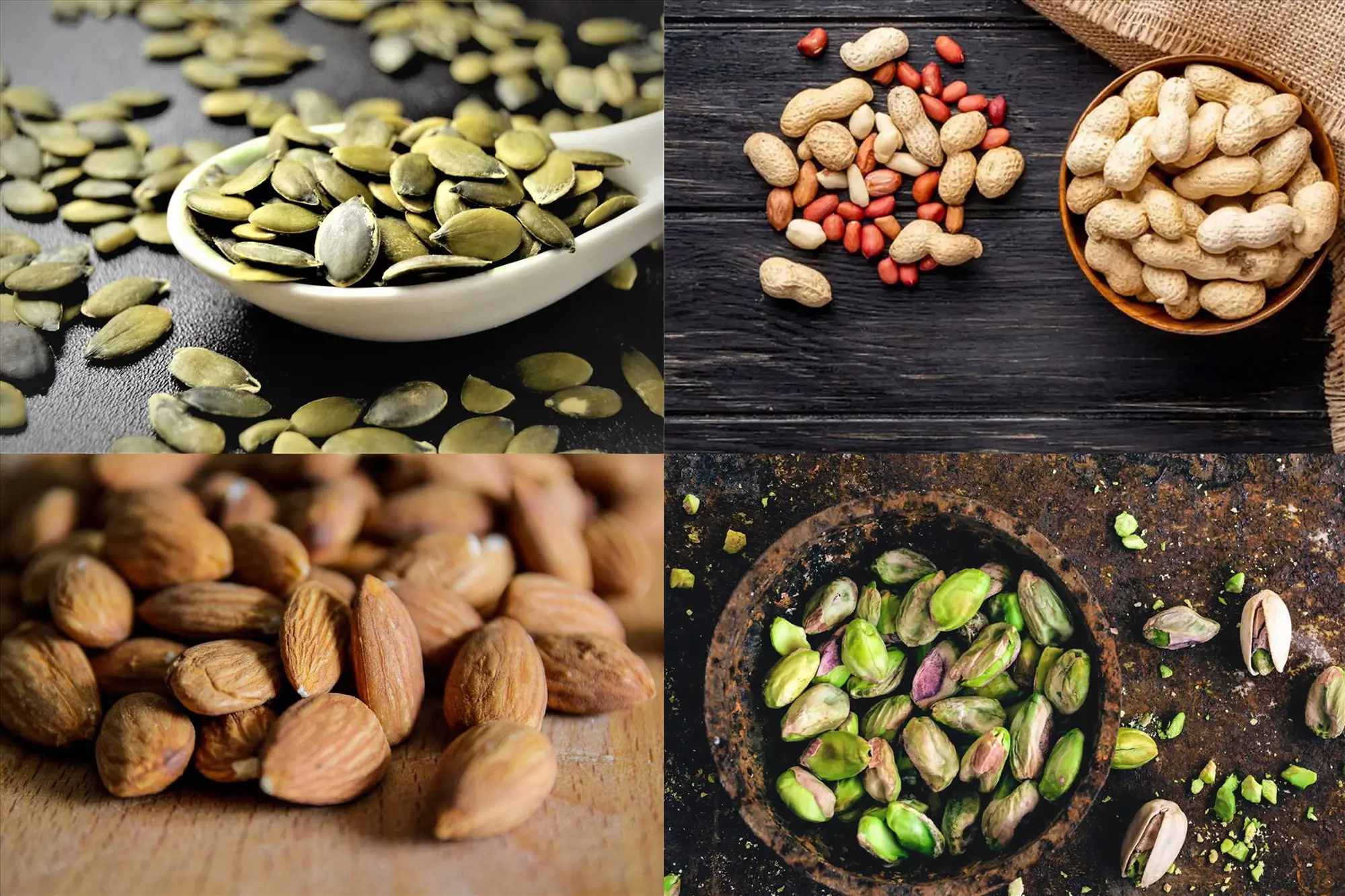
The Power of Walnuts: A Superfood for Kid.ney Health and Brain Function
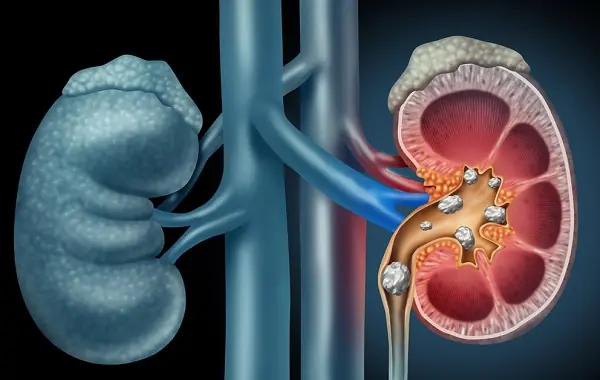
Keep Your Kid.neys Healthy with These Simple, Natural Choices

Experts Say These Four Foods Could Be Part of the Reason. Smart People Have Already Given Them Up
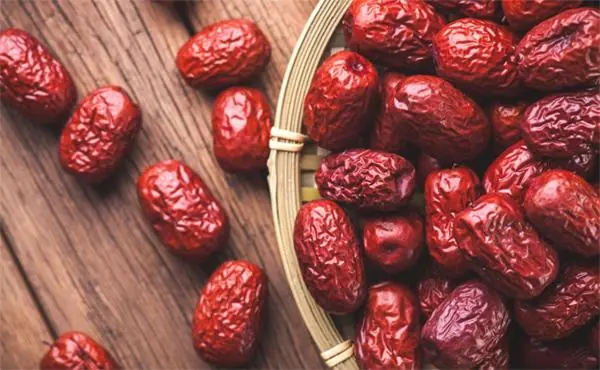
3 Danger.ous Ways Eating Red Dates Could Ha.rm Your Health

5 Natural Drinks to Keep Your Li.ver Healthy and Detoxified
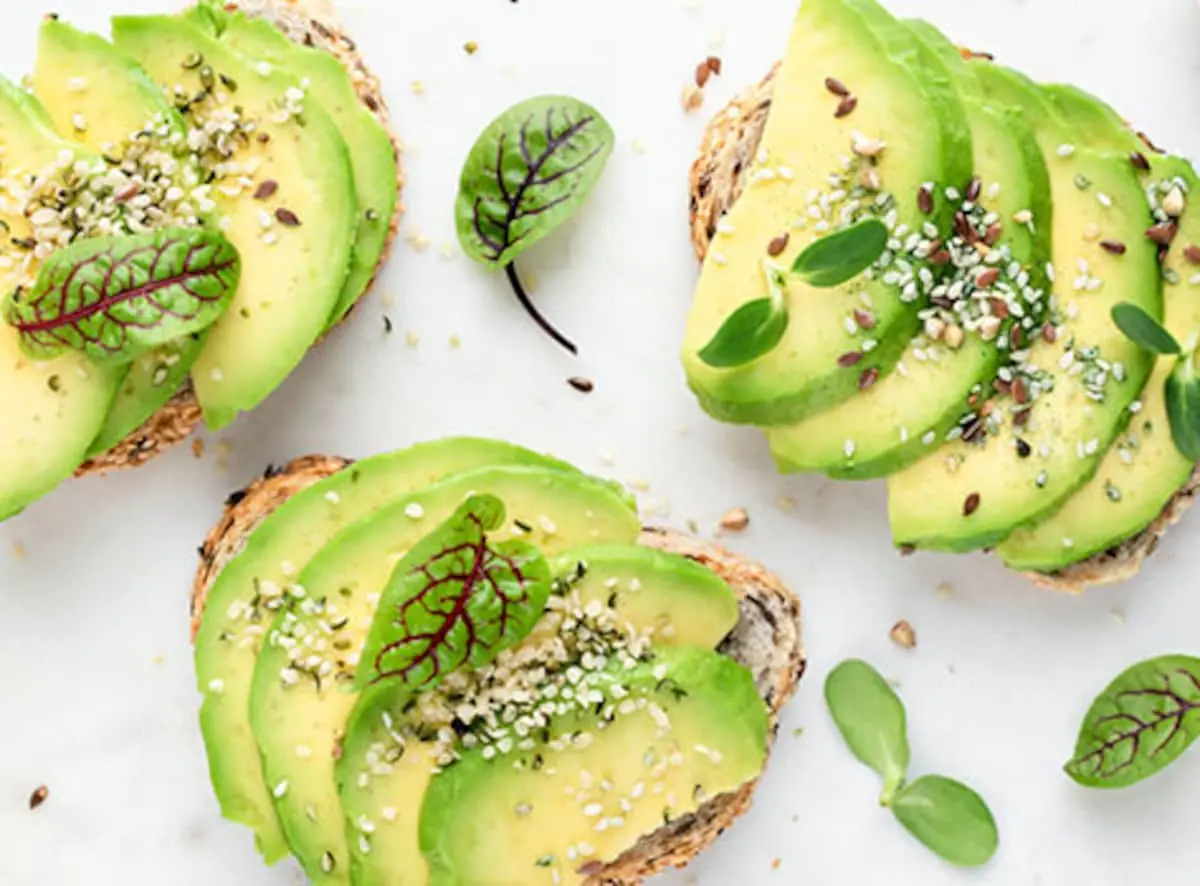
This ‘Super Fruit’ Could Be the Secret to Health, Beauty, and Youth

Can.cer Will Be Defeated If You Adopt These 11 Powerful Habits!

Frequent Drooling During Sleep? It Could Be a Sign of These Six Health Issues

5 Natural Bloo.d Cleansing Drinks to Detoxify and Boost Circulation
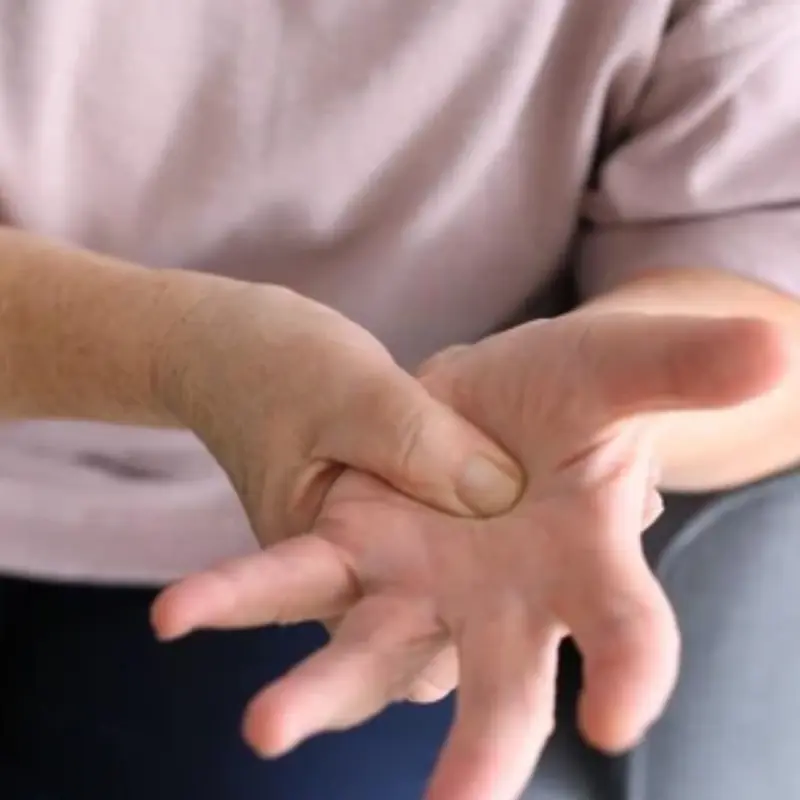
Doctors warn: three distinct hand signs may indicate li.ver failure. If you notice any of them, don’t delay seeing a doctor.

Is Broccoli Better Than Cauliflower? The Real Truth About Cancer Risk, Heart Health and More

What Are Eye Floaters? Here What To Do If you Start Seeing Them, According to an Eye Doctor

Everything you need to know about chronic constipation: A hidden threat to your digestive health

How to get rid of phlegm and mucus in your chest and throat

Doctor Shares What It Means If You Always Need To Poo Immediately After You Eat

The Reason You May Get Random Stabbing Pains in Your Chest Explained
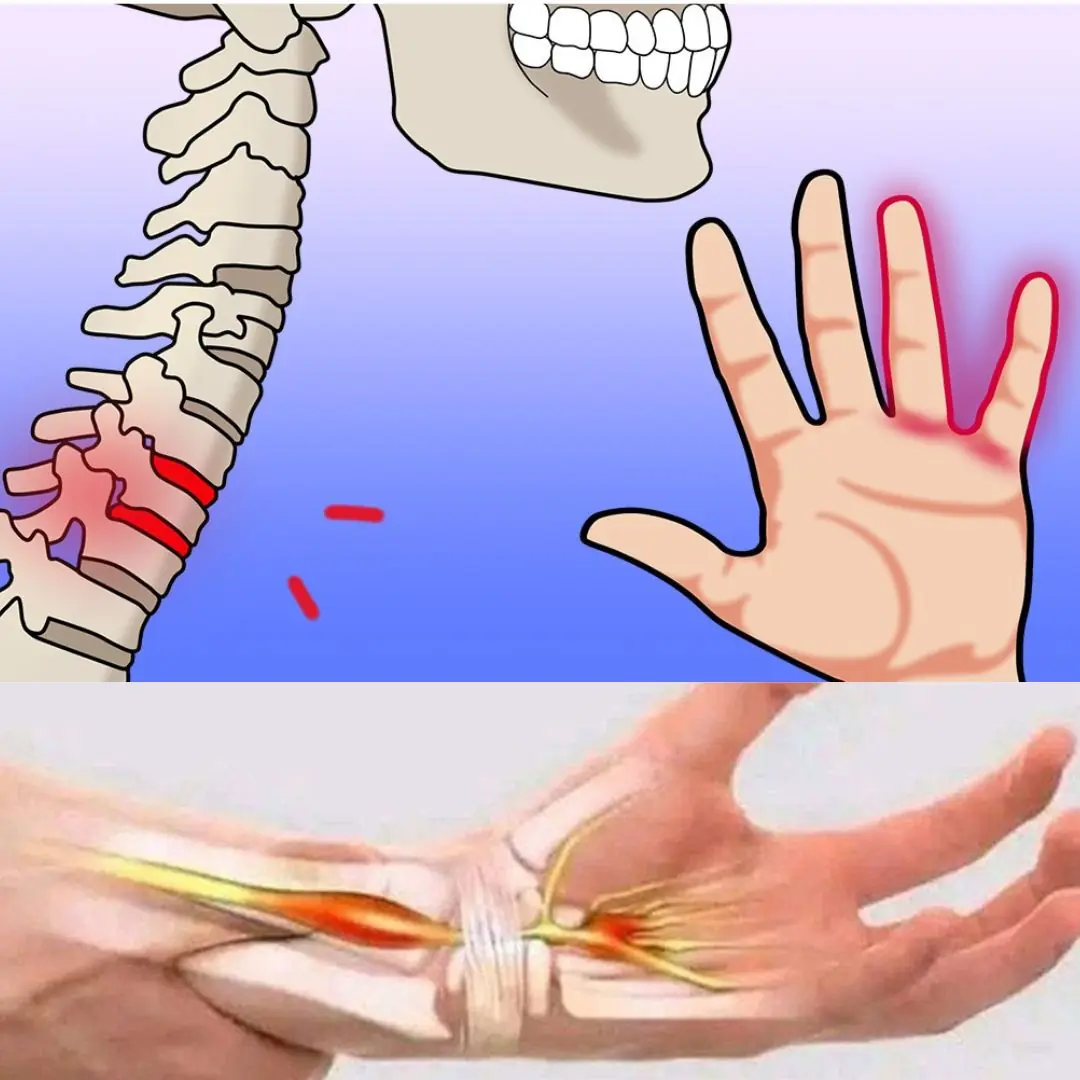
Numbness or tingling sensations in your hands
News Post

Experts Are Shedding Light on the ‘De.ath Rattle’ Phenomenon Before Passing

Here’s Why You Should Leave a Coin in the Freezer Before Leaving the House

Identical twin sisters give birth to sons on same day at the same hospital

These 5 Foods Are Diabetes Enemies — Sadly, Many People Are Unaware
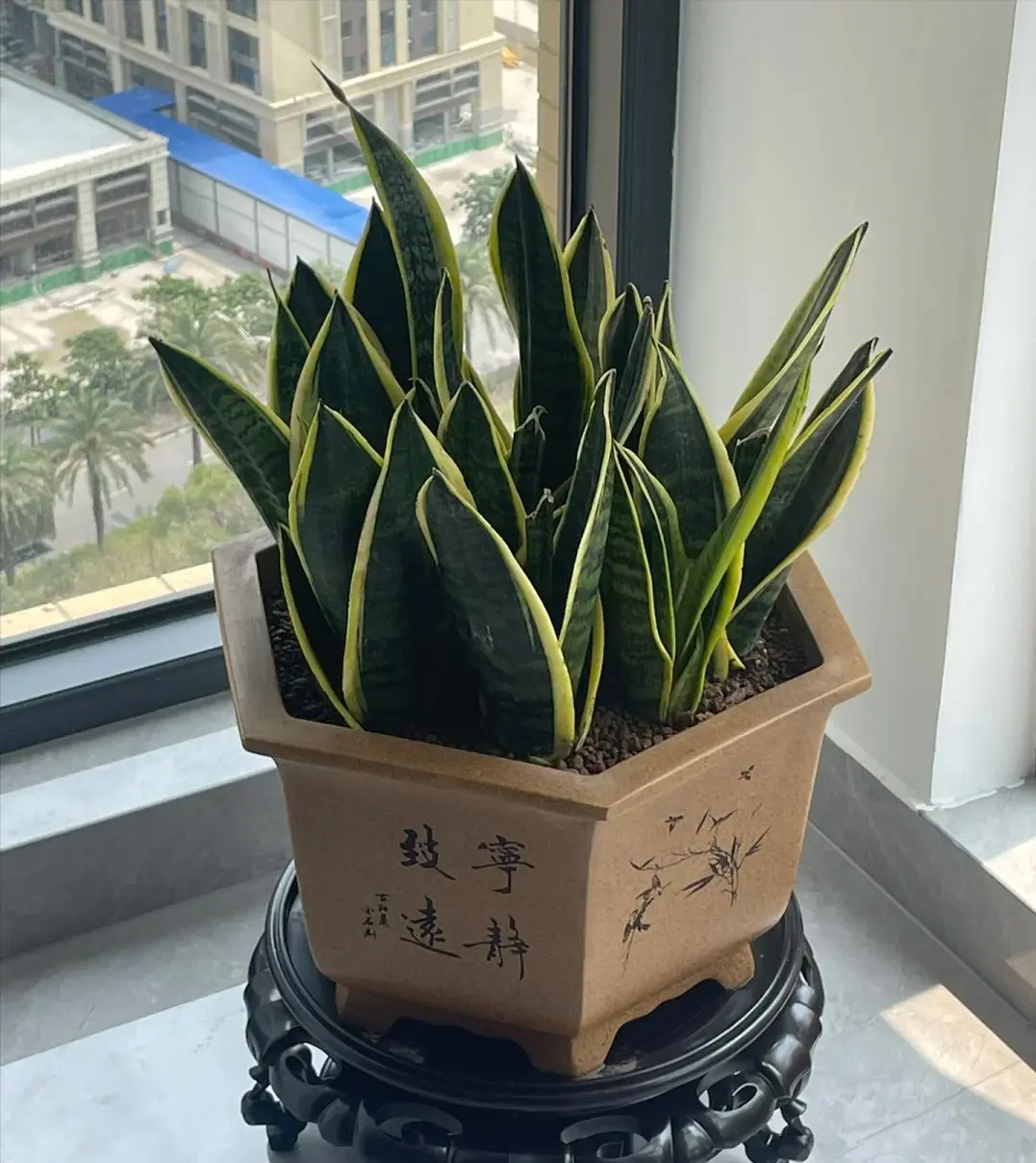
Snake Plant – Feng Shui Symbol or Silent Trap? 4 Reasons to Think Twice
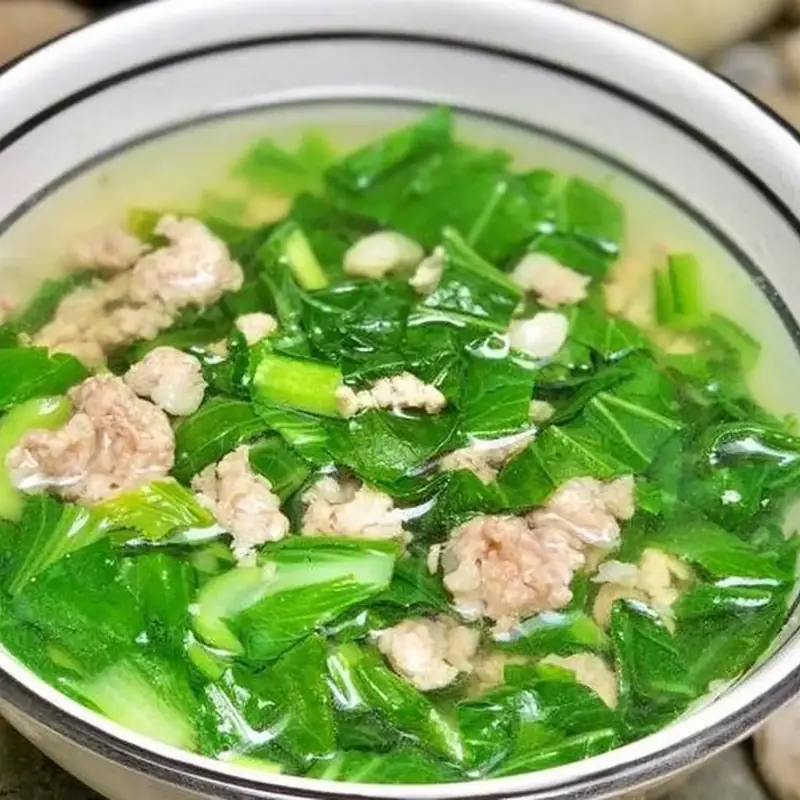
Group A Vegetables Linked to Can.cer Experts Warn to Stop Eating Them Immediately

“The Poor Shouldn’t Buy a House on the 2nd Floor, and the Rich Shouldn’t Live on the 18th”

New research on so.lid tu.mor kil.ling method, successful in mice, awaiting clinical trials

Take Charge of Your Health – Exercise Your Way to a Can.cer-Free Future!
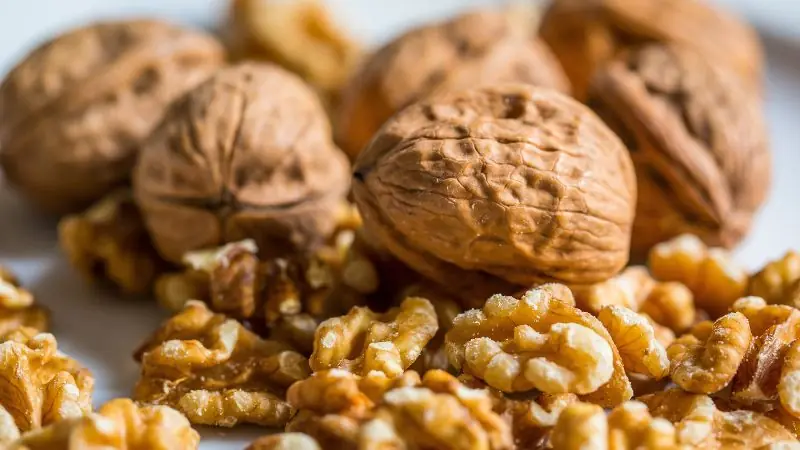
Discover the Secret Omega-3 Nut That Can Naturally Lower Bloo.d Lipids & Improve Heart Health

The Power of Walnuts: A Superfood for Kid.ney Health and Brain Function

Keep Your Kid.neys Healthy with These Simple, Natural Choices

Reduce Your Can.cer Risk with These Simple Food Choices

Experts Say These Four Foods Could Be Part of the Reason. Smart People Have Already Given Them Up

3 Danger.ous Ways Eating Red Dates Could Ha.rm Your Health

Stop Eating These 3 Foods That Are Secretly Des.troying Your Sto.mach Health

5 Natural Drinks to Keep Your Li.ver Healthy and Detoxified

This ‘Super Fruit’ Could Be the Secret to Health, Beauty, and Youth
